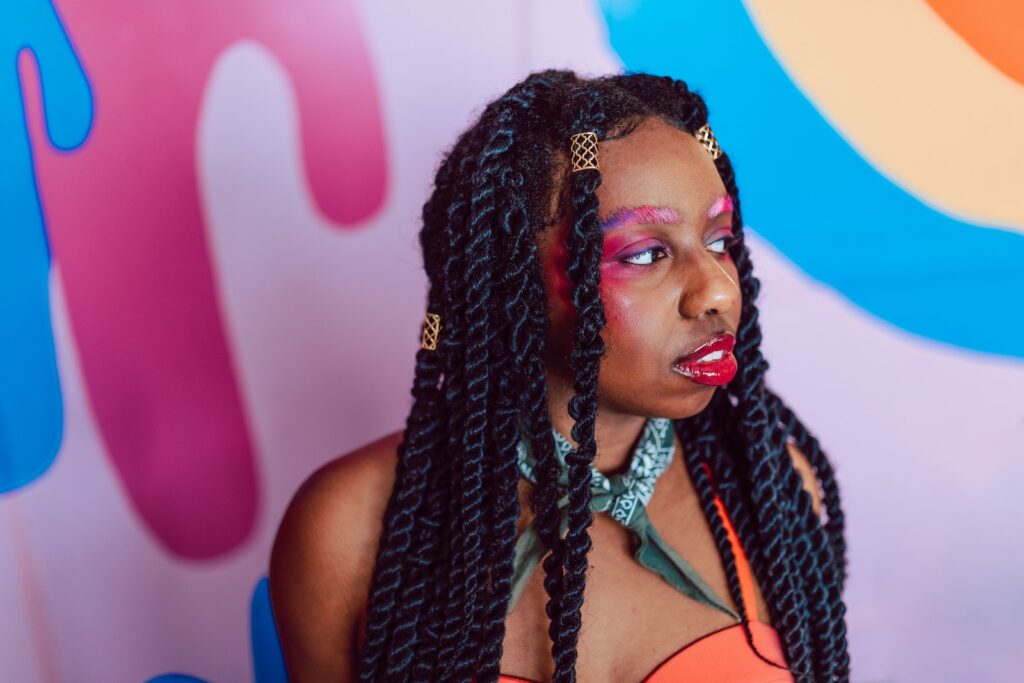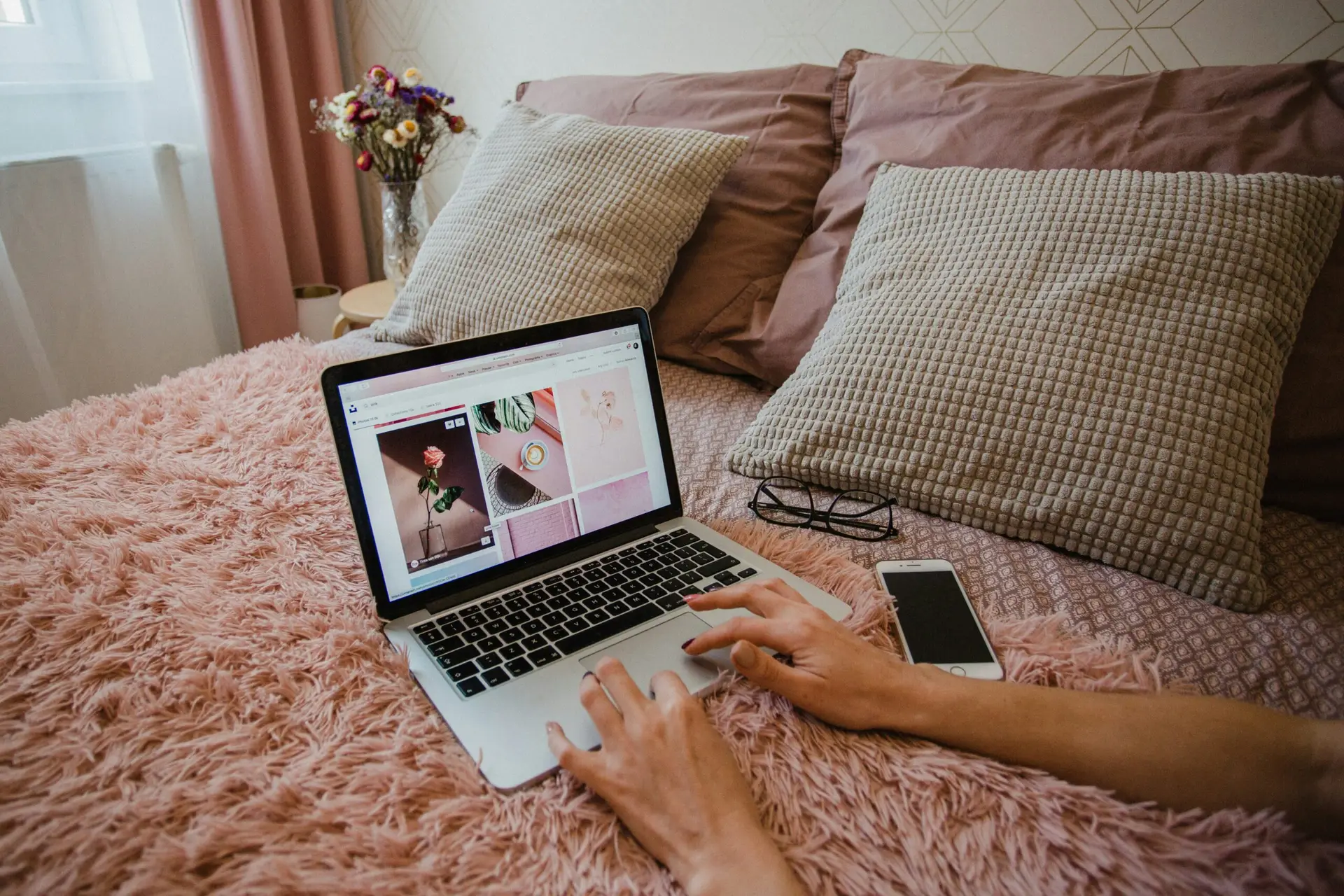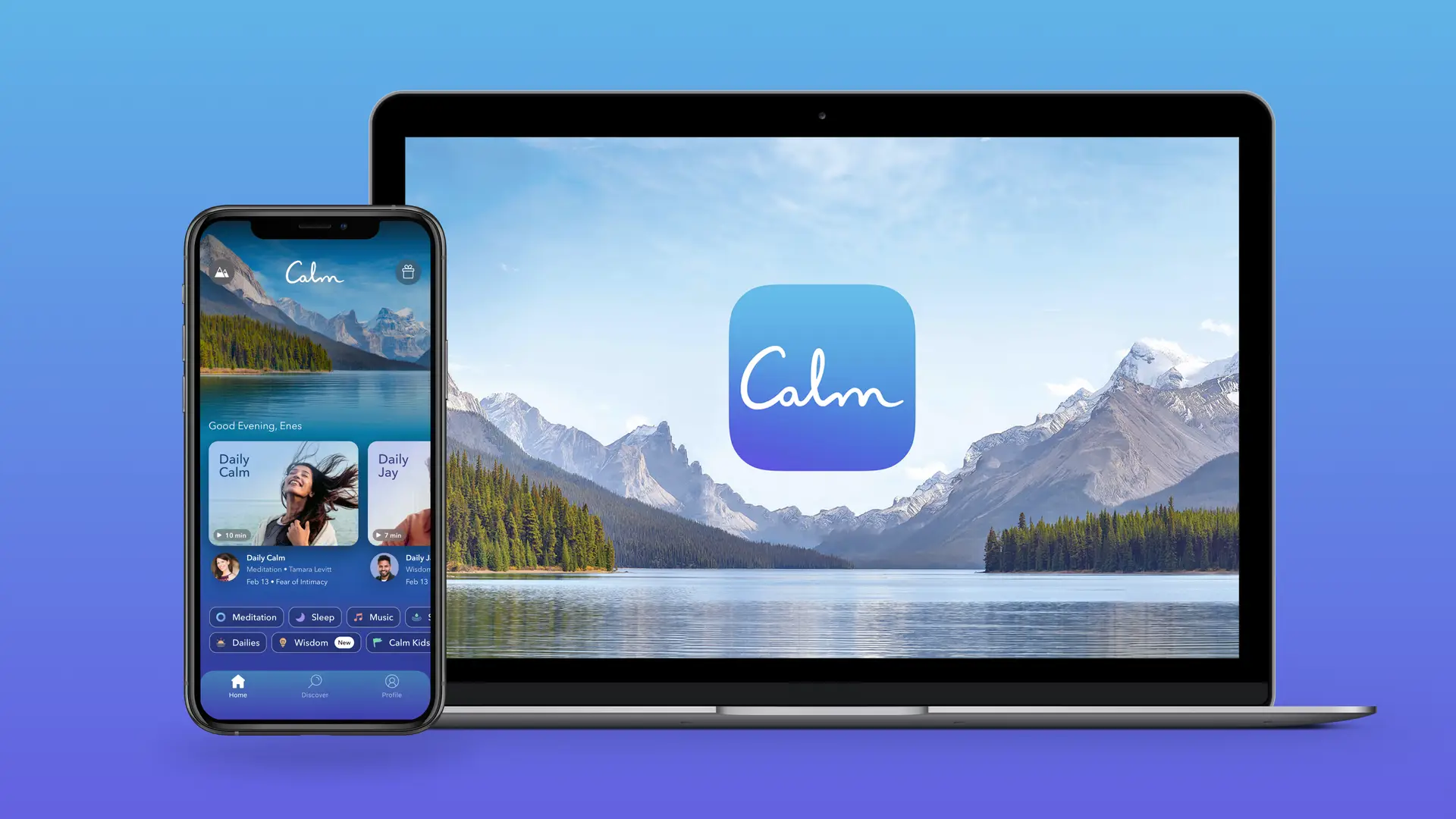Jameisha Prescod is a London-based filmmaker, journalist and artist. After being diagnosed with lupus, they founded You Look Okay to Me, the online space for chronic illness.
Through their work, Jameisha uses creative visual storytelling to unpack how culture and identity impact how illness and disability are experienced.
In 2021, Jameisha was awarded the Deutsche Bank Award for Creative Entrepreneurs and was announced as an essayist in a republishing of Virginia Woolf’s “On Being Ill.” Other recent collaborations include Huffington Post, gal-dem x Adidas and Scope Charity.
We have an exclusive piece with Jameisha Prescod to unpack how society influences the way an illness is experienced.
Living with an illness is an individual experience. You’re the only person that is ever going to inhabit the body you call home. At the same time, living with a chronic condition is very social. The way society perceives the idea of chronic illness will impact the way you live as a disabled person, whether it’s work, relationships or how you view yourself.
We’re obsessed with productivity
I feel as if there is a massive focus on productivity in society. People place a lot of value on how much they can get done within employment. When you have a disability or a chronic illness, society often views you as unproductive and therefore not worth as much as other people. This issue is frustrating on multiple levels.
Firstly, society itself places so many barriers for disabled people to thrive in the workplace when employers are unable to create a more accessible environment for us. However, perhaps the more important issue is that productivity should not measure someone’s value in the first place.
When there is so much stress on productivity, disabled people can often internalise this idea. This internalisation can push you to exhaustion or accept a false idea that your life isn’t worth as much as a non-disabled person. This needs to change.
Not all illnesses have a cure
If you’re currently living with a chronic illness, then you’ll surely have heard the phrase “have you tried…?”
These questions usually come from well-meaning people, but the problem is that many conditions do not have cures. Also, this phrase implies that people living with long-term conditions are just not trying hard enough.
I think this idea comes about because many non-disabled people have the experience of being ill, taking a short course of medication and feeling back to their old selves in no time. I wish this were the case for me, but it isn’t.
Illnesses are strange. Illnesses are diverse. Something that would help all of us is to expand our idea of what being ill looks like. It’s not one size fits all.
Doubt surrounding invisible illnesses
If you don’t know me very well, you may see my disability as invisible. I remember having a flare-up on the way home from work. I managed to conjure up the courage to ask for a seat, and unfortunately, I was completely ignored. This experience contrasts with what happened after my hip surgery. I was on crutches and didn’t even have to open my mouth. This was before strangers were ready to carry my bags and help me sit down.
I don’t think this makes the general public fundamentally flawed, but I think we need to reframe this idea that disabilities are always visible.
It makes those of us with conditions that are harder to see, scared of being called out when sitting in priority seats or terrified of parking in the disabled bays. It’s already hard to deal with a lifelong condition.
It’s already challenging to accept that you may spend the rest of your life managing a disease. It can cause a lot of internal conflicts that take time, patience and self-compassion to get through. But along with this, it’s essential to hope for social change to allow disabled chronic illnesses folk the best environment to come to terms with the fact that life can be beautiful and is still worth living while managing one’s illness.
You can find out more about Jameisha Prescod on their TikTok and their all her other social media channels (Instagram, Facebook and YouTube) over at @youlookokaytome.
Ready to get started with positive impact marketing?
Set up power marketing systems build a marketing strategy that drives results, when you join our certification.
Develop an advanced set of marketing skills that drive more measurable results to any project and harness the power of psychology, purpose, storytelling, and impact to build trust in an increasingly skeptical world.
Take our certification, build your marketing plan and build your ultimate marketing toolkit.




